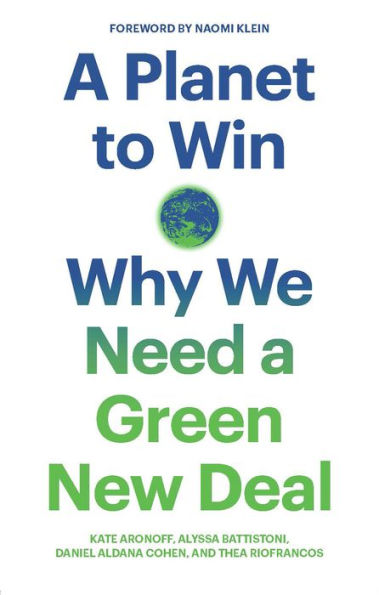What do you think?
Rate this book


208 pages, Paperback
First published November 12, 2019
In the United States of America, every independent workers’ movement was paralysed as long as slavery disfigured a part of the republic. Labour in a white skin cannot emancipate itself where it is branded in a black skin. However, a new life immediately arose from the death of slavery. The first fruit of the American Civil War was the eight hours’ agitation […]-ex. sexism:
"Fossil fuel executives in particular should consider themselves lucky if all we do is take their companies. They should be tried for crimes against humanity."